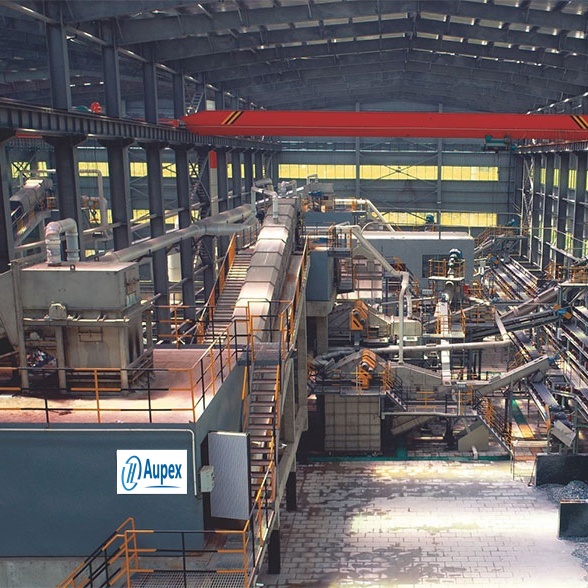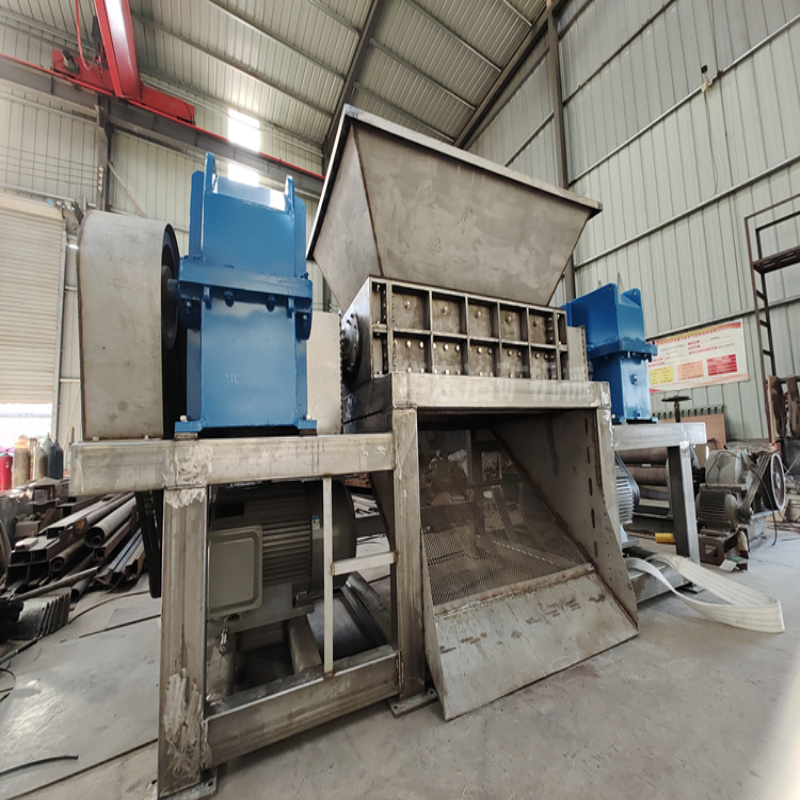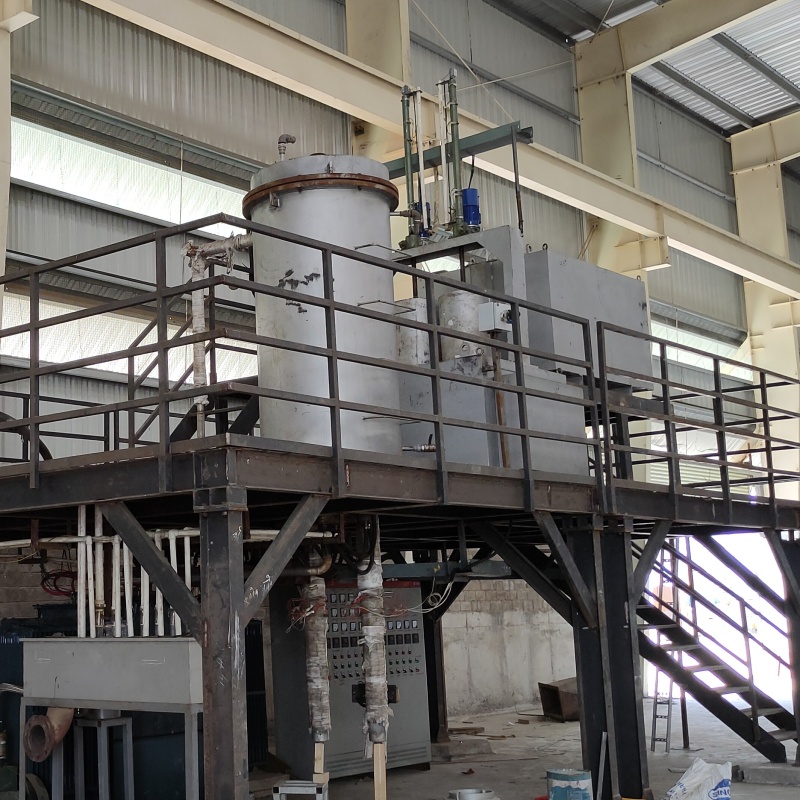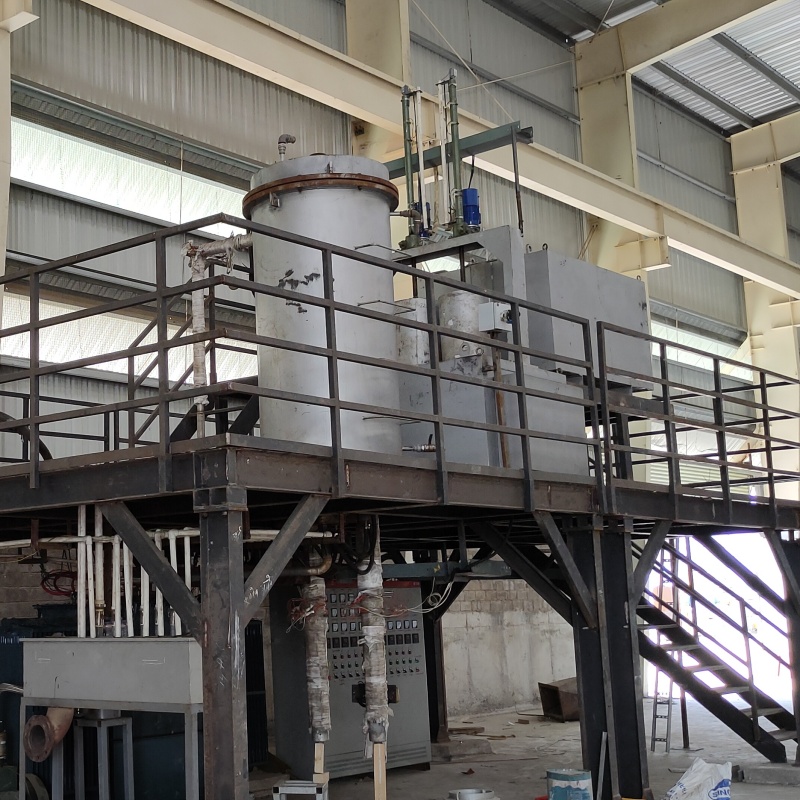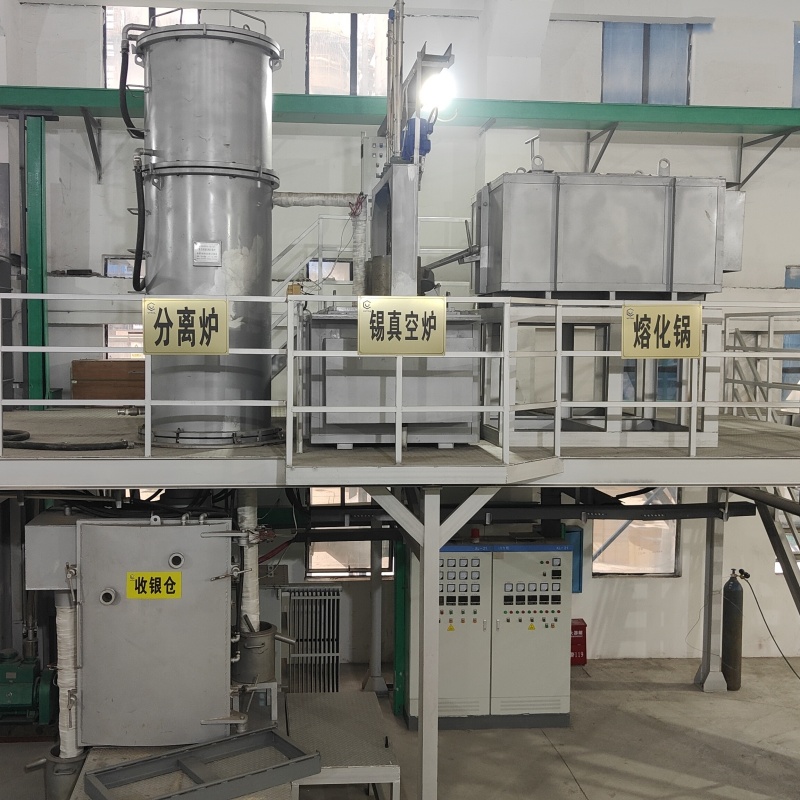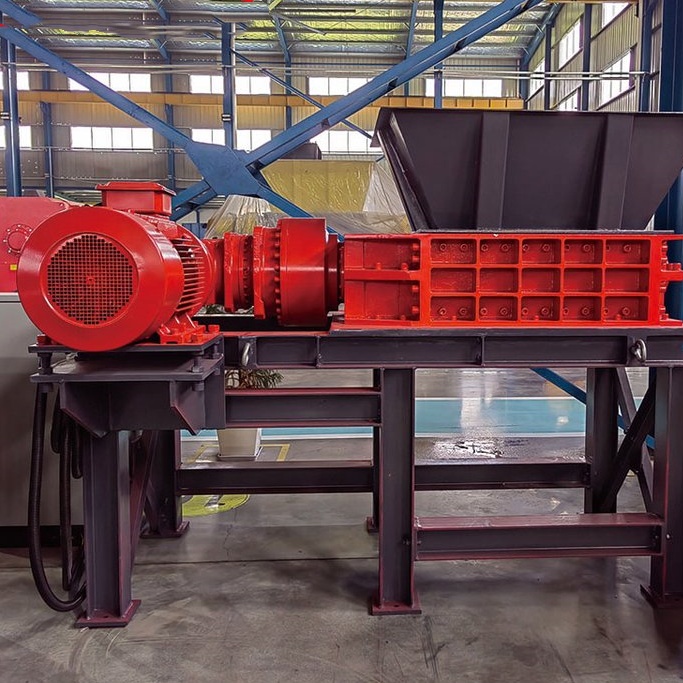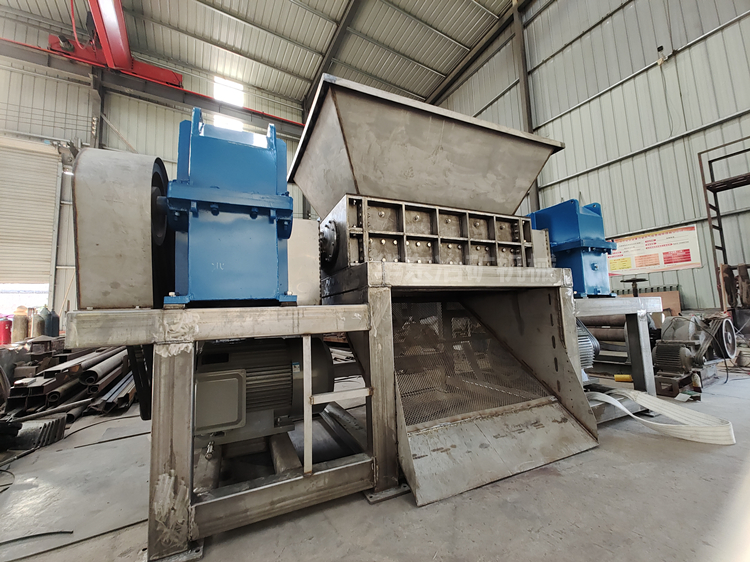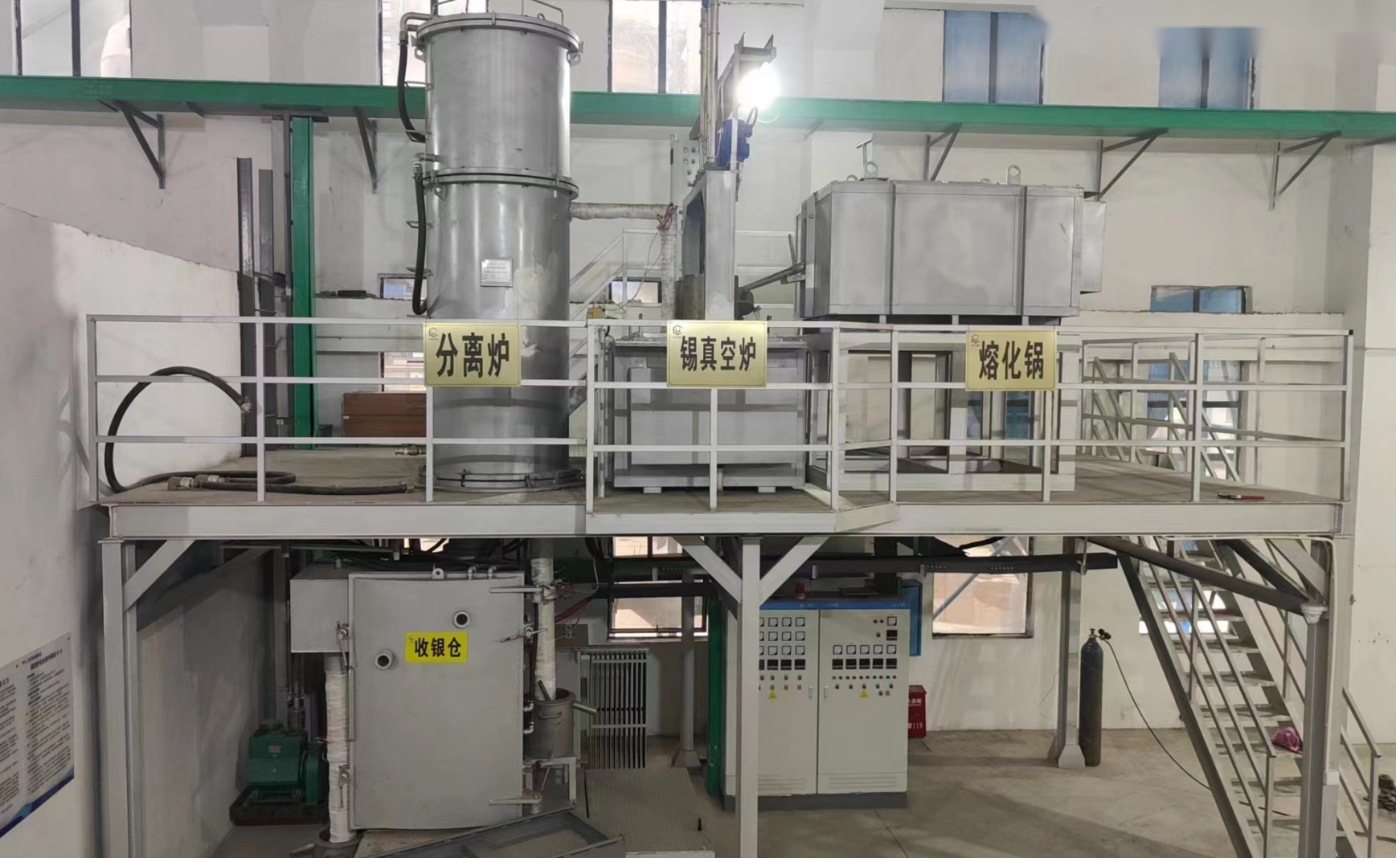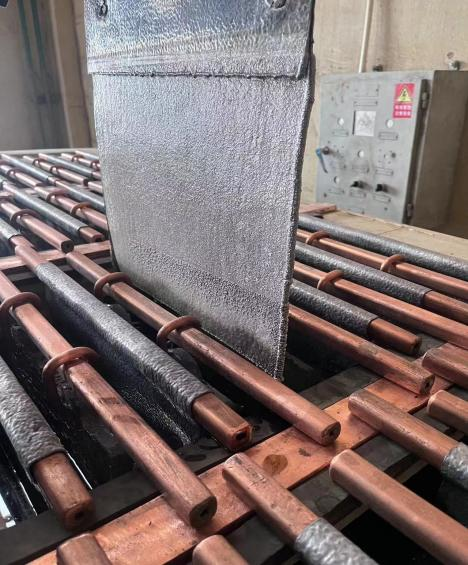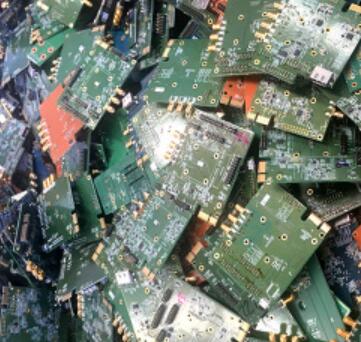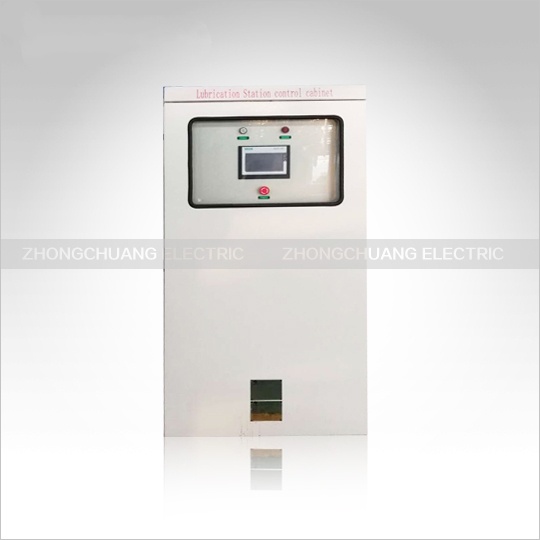An electrodialysis unit consists of a rectifier cabinet, anion exchange membrane, cation exchange membrane, diaphragm, electrodes, clamping devices, leak-proof rubber sheets, an acid washing system, flow meters, pressure gauges, pipes, and valves. The rectifier cabinet is a key piece of equipment in the electrodialysis process, and its compatibility is extremely important for quality and process performance. A complete rectifier system includes a digitally controlled rectifier cabinet, a rectifier transformer (sometimes installed inside the cabinet), a pure water cooler, and DC sensors. It is typically installed indoors, with pure water cooling, and input voltages include 10KV and 380V.
Introduction to Electrolytic Hydrogen Production Thyristor Rectifier Equipment
I. Applications
This series of rectifier cabinets is mainly used for different types of rectifier equipment and automated control systems in the electrolysis of non-ferrous metals such as aluminum, magnesium, manganese, zinc, copper, and lead, as well as chloride salts. It can also be used as a power supply for similar loads.
II. Main Cabinet Features
1. Electrical Connection Type: Generally selected based on DC voltage, current, and grid harmonic tolerances, with two main categories: double-star and three-phase bridge, and four different combinations including six-pulse and twelve-pulse connections.
2. High-power thyristors are used to reduce the number of parallel components, simplifying the cabinet structure, reducing losses, and facilitating maintenance.
3. Components and fast-fusing copper busbars use specially designed circulating water circuit profiles for optimal heat dissipation and extended component lifespan.
4. Component press-fitting employs a typical design for balanced and fixed stress, with double insulation.
5. Internal water pipes use imported reinforced transparent soft plastic tubing, resistant to both hot and cold temperatures, and with a long service life.
6. Component radiator faucets undergo special treatment for corrosion resistance.
7. The cabinet is fully CNC machined and powder-coated for an aesthetically pleasing appearance.
8. Cabinets are generally available in indoor open, semi-open, and outdoor fully sealed types; cable entry and exit methods are designed according to user requirements.
9. This series of rectifier cabinets adopts a digital industrial control trigger control system to enable the equipment to operate smoothly.
Voltage Specifications:
16V 36V 75V 100V 125V 160V 200V 315V
400V 500V 630V 800V 1000V 1200V 1400V
Current Specifications:
300A 750A 1000A 2000A 3150A
5000A 6300A 8000A 10000A 16000A
20000A 25000A 31500A 40000A 50000A
63000A 80000A 100000A 120000A 160000A


